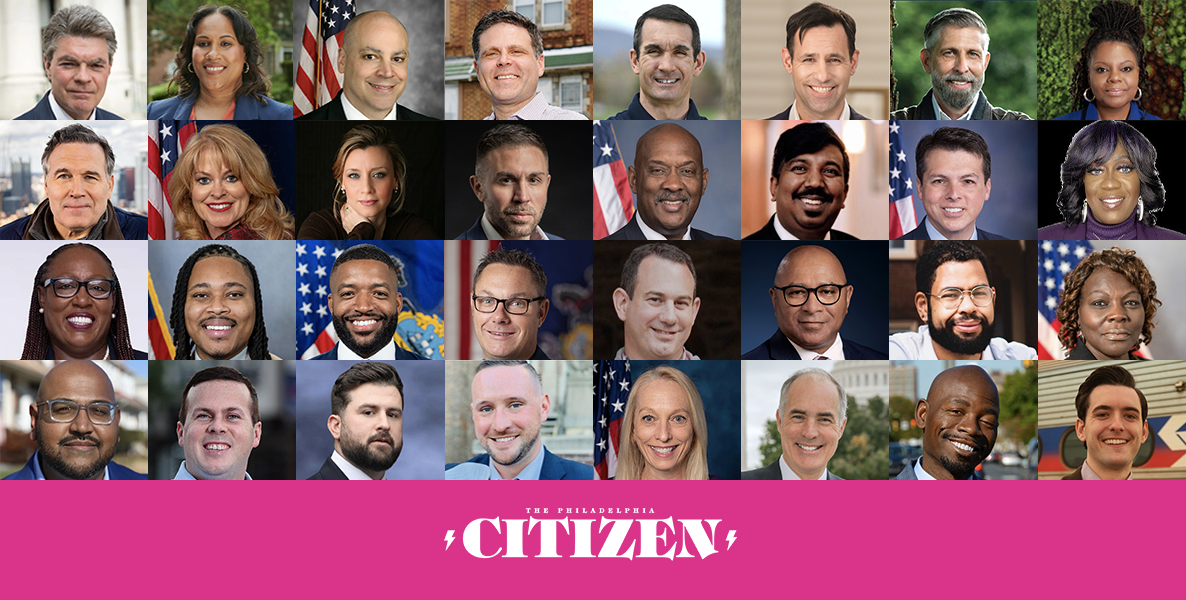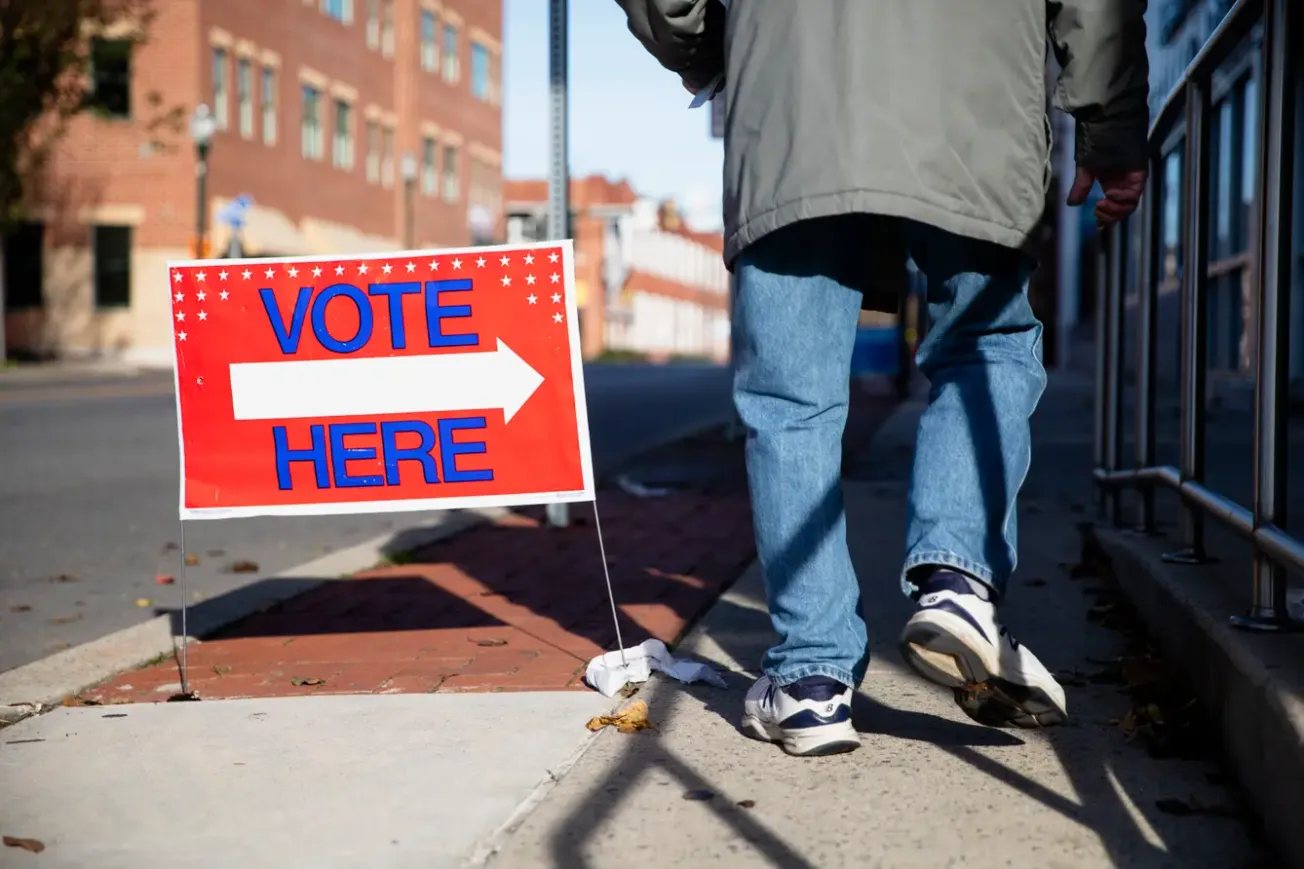In the 25-plus years that Kip’s family has owned Martin’s Deli on Kensington Avenue, they’ve never experienced the kind of stress they did last week when city and state officials swept a five-block stretch of the neighborhood corridor and shut down 16 businesses.
“Three days we didn’t sleep — me and my dad, my family members, and the employees, we just cleaned,” Kip said. “We basically cleaned and fixed everything.”
On Feb. 18, the Philadelphia Department of Licenses and Inspections inspected 33 businesses between the 2700 and 3200 blocks of Kensington Avenue, according to Karen Guss, the communications director for L & I. Sixteen of those businesses failed inspections and were forced to close; 17 others either passed or were given less serious citations and allowed to remain open, Guss said.
Violations across the 16 properties ranged from zoning to pest infestation to insufficient seating. According to Kip, who requested to use his first name only, the agencies he spoke with told him that he needed to fix everything he was cited for and schedule another inspection. Kip said that they told him if he passed, he could reopen.
On Monday, some businesses like Martin’s were open and beginning to recover. Others, like Steak N Beer, which is across the street on the 2700 block, were still closed as of Tuesday evening.
Kip said he understands that inspections are a part of running a business, especially when you have multiple licenses in order to operate. Still, he felt the city could have handled the inspections differently.
“It was kind of overwhelming for us,” Kip said. “I might be wrong, but there were 15 people who came in here. Knowing that we have a lot of licenses, we understood the inspection, but there were 15 people.”
On the day of the inspections, in addition to L & I staff, members of the city’s Department of Health, Philadelphia Police Department, Pennsylvania Liquor Control Board, and the PA Bureau of Liquor Control Enforcement, which is part of the state police, were present, according to an attorney from the city’s Law Department.
The violations Martin’s received, which included open junction boxes, fire alarm test/certification, and exterior area sanitation, resulted in a four-day closure and cost his family revenue, Kip said. But his biggest concern was the patrons who rely on his store for affordable food, including people experiencing homelessness.
“This homeless guy comes every day for noodles,” Kip said. “Pays in cash, gets the hot water, — that is his main source of nutrition — and he told me that because of his physical disability he cannot walk a couple more blocks down to get food.”
“There are a few people — and even though they are homeless — they know that we will treat them like human beings,” he added.
According to the Department of Behavioral Health and Intellectual disAbility Services (DBHIDS), DBHIDS is not typically informed of scheduled inspections at local businesses.
“Our understanding is that this particular initiative involves multiple agencies and that future plans will include engaging DBHIDS to help ensure adequate outreach and engagement to those members of the community who may be struggling with addiction or experiencing homelessness,” DBHIDS wrote in an email.
As of Tuesday evening, the Office of Homeless Services could not be reached for comment.
According to Guss, the sweep was in response to quality of life complaints and was initiated by the city’s Nuisance Business Committee. The committee is made up of the city’s Department of Health, Law Department, L & I, PPD, and the PA Liquor Control Board, Guss said. According to an attorney for the city’s Law Department, the committee was formed between 2016 and 2017 and made the decision to pursue the Kensington Avenue inspections about two weeks ago.
Community members don’t file complaints directly to the committee, the Law Department’s attorney said. Instead, representatives of the participating agencies discuss community concerns that they are aware of, such as the complaints L & I receives from 311. The PPD also collects information about problem areas while they are out and about in the community, they said.
Meanwhile, many of those who frequent Kensington Avenue said they think the city’s inspections were an attempt to clean up the neighborhood for two reasons: gentrification and the drug trade.
“When property values go up in poor urban neighborhoods, they push people out,” said Emmanuel Israel, a patron of Martin’s. “Places like delis, corner stores, and Chinese [restaurants] may cause a disruption in terms of businesses having to struggle with unwanted people around the store.”
Ken, who lives on Boudinot Street behind Martin’s and has lived in Kensington for more than 50 years, said he thinks the inspections are the city’s effort to make a heavy impact on the drug trade on Kensington Avenue.
“They’re just trying to clean the neighborhood up is all,” said Ken, who requested to use his first name only. “All the ones out here selling drugs is the reason they’re closing it all up.”
According to Kip, it’s difficult to stop people from selling drugs without police intervention. Sometimes, it takes them hours to show up, he said.
“For example, we had an issue in the store one time, we called the police around 6:00 in the morning — ‘Hey, there’s a crazy guy getting out of control,’” Kip said. “Three or four hours later they came, and by that time the guy is gone and I already have a scratch on my face.”
Other community members feel that the city’s approach could have benefited from having a conversation with business owners about these issues, instead of a mass inspection sweep.
Jake Norton, the commercial corridor manager at New Kensington Community Development Corporation (NKCDC), works closely with the businesses on Kensington Avenue, including Martin’s. Since the inspections, Norton has talked to a few business owners who were affected.
“They’re obviously upset that their business gets closed and it kind of comes out of nowhere,” Norton said. “A majority of them are community-oriented people. It’s a tough environment at this moment and they can’t necessarily have everything completely perfect all the time. They’re human.”
According to Norton, NKCDC is planning to schedule a panel discussion with the neighborhood’s business owners and the Philadelphia Resilience Project, to discuss challenges and coordinated efforts related to the drug crisis in late April. He also plans to schedule a separate workshop with L & I and business owners soon, too.
“It’s definitely a unique situation that needs innovative solutions,” Norton said. “A big thing that would help is bringing those people together and working with the business owners to avoid these sorts of things in the future.”
In the meantime, Kip hopes the city will understand that business owners can only do so much to address issues on their block outside of their storefronts.
“We are just trying to do business the right way, as much as we can, [and] follow the rules and regulations,” Kip said. “At the same time, we’re human beings, so it’s hard to stay on top of everything.”
Editor: Jillian Bauer-Reese / Story Designer: Jillian Bauer-Reese / Translator: Diana Cristancho





